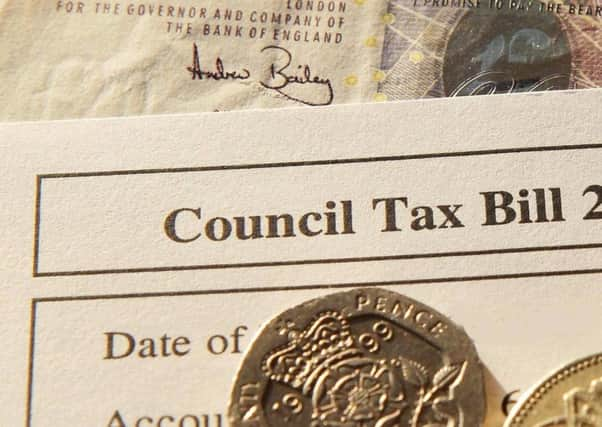Unpaid council tax recovered from Wellingborough owners who refused to pay


The owners of two properties in Kilnway and Strode Road, Wellingborough, who were refusing to pay their council tax had charging orders obtained against them by Wellingborough Council and made to pay outstanding balances plus costs of £17,000.
They were issued with charging orders when they refused to pay the balances outstanding despite numerous attempts by the authority to recover the sums including legal action taken in the magistrates court.
Advertisement
Hide AdAdvertisement
Hide AdWhen the properties were sold, the money was deducted from the proceeds before the customers received their share.
The customer from Kilnway was ordered to pay back £4,821.67 including legal costs and the Strode Road customer had to pay £11,368.83 with legal costs.
A spokesman for Wellingborough Council said: “We have a fair but firm approach to collecting council tax which means the most vulnerable are protected but equally, those who refuse to pay are pursued.
“Every penny of council tax that is not collected means a higher bill for everyone in the area and so the authority will take appropriate action to collect all outstanding debts.
Advertisement
Hide AdAdvertisement
Hide Ad“That is why we would always encourage council tax payers to contact us as soon as they identify any difficulties as this will help avoid enforcement action and for us to agree an affordable payment arrangement with them.
“We can offer a wide range of payment arrangements to avoid any action and additional costs.
“Please contact the council tax team on 01933 231690, visit at the Tithe Barn Road offices, Wellingborough, NN8 1BN or email [email protected] “
A charging order is an order from the court placed on a debtor’s property (or land) for monies owed.
Advertisement
Hide AdAdvertisement
Hide AdThe court can place an order on a property so that when it is sold, the debtor has to pay that sum off first.
Charging orders are one of a number of methods the council can use to recover council tax owing to the authority.
Others include attachments to wages or benefits, the use of enforcement agents, bankruptcy and as a last resort, committal to prison.